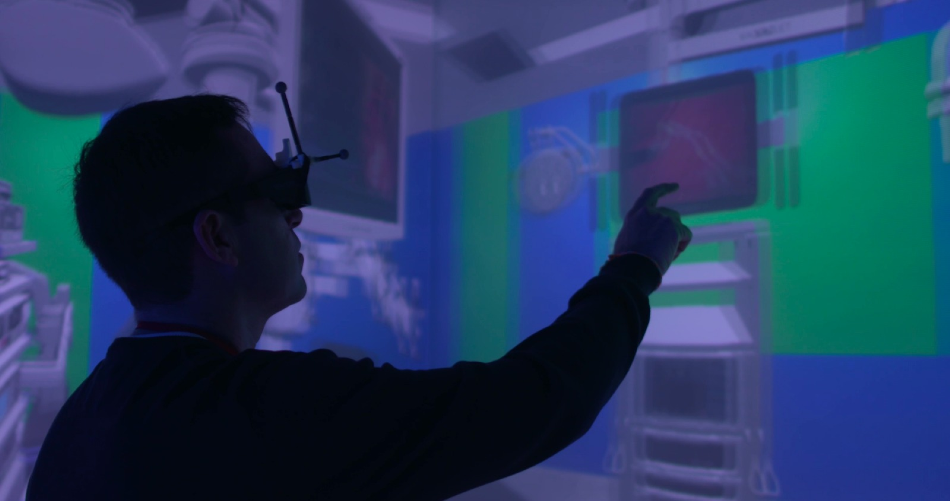May 19 2020
At the University of Valencia, a team of researchers under the guidance of professor Pedro Morillo from the Department of Computer Science has designed a project to enhance safety against infections in regions where health centers are highly available.

Image Credit: RUVID.
The scheme titled “Development of advanced measures against COVID-types contagions” has gained the support of the call of the Generalitat Valenciana “Capabilities of the Valencian system of innovation in the fight against COVID-19,” which financially supports the projects that offer novel solutions for the battle against the coronavirus.
For the implementation of the project, researchers are developing an autonomous mobile robot that will be taking care of disinfecting the highly sensitive sanitary regions of hospitals, like patient resuscitation rooms, intensive care areas, or operating rooms, quicker and more efficiently.
According to Millo, “This mobile robot proposes the innovation of simultaneously including disinfection based on high intensity germicidal ultraviolet light emitted by a xenon gas light, along with an autonomous navigation system that uses artificial intelligence algorithms to create virtual maps with spaces, minimizing trajectories.”
The disinfections conducted today are usually based either on the use of products based on filiferin dilutions, because of their bactericidal disinfectants of broad spectrum, viricidal, sporicidal and antiseptic characteristics, or through the use of ozone gas. In any of the options, it takes at least one hour for these disinfections to take effect.
Pedro Morillo, Professor, Department of Computer Science, University of Valencia
To date, the research team has evaluated the navigation model of the robot with the help of virtual reality technologies. The researchers are developing the initial version of the prototype. Such prototypes are being created at the Institute of Robotics and Information and Communications Technologies (IRTIC). The first field tests will be performed soon.
With our proposal we consider obtaining disinfections of these sanitary spaces in a few minutes, improving their temporary availability rates and reducing the risk of the operators who have to work in the midst of the coronavirus health alert.
Pedro Morillo, Professor, Department of Computer Science, University of Valencia
Apart from IRTIC, the School of Engineering of the University of Valencia has also contributed to the project. The proposal was financially supported by the General Hospital of Valencia.